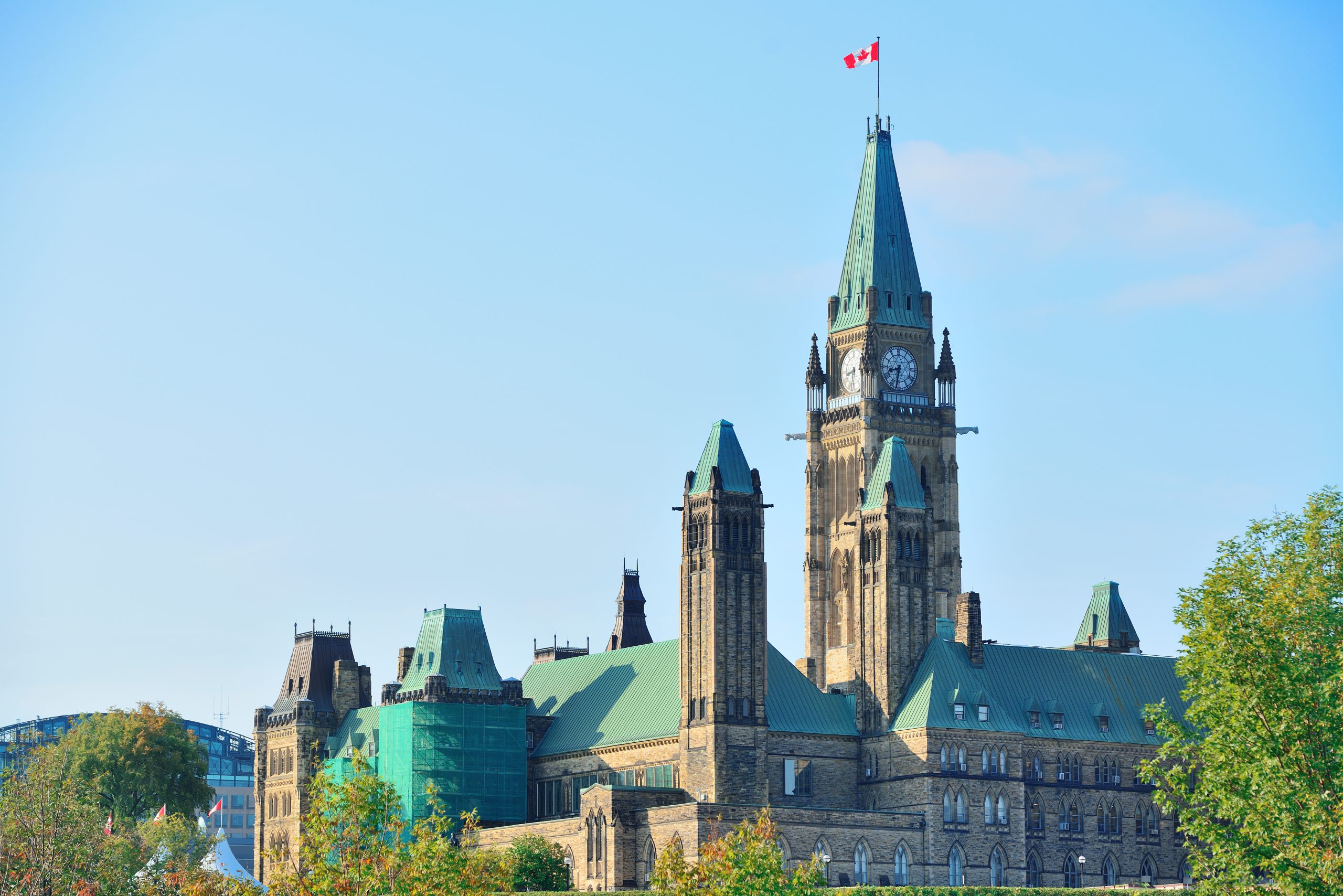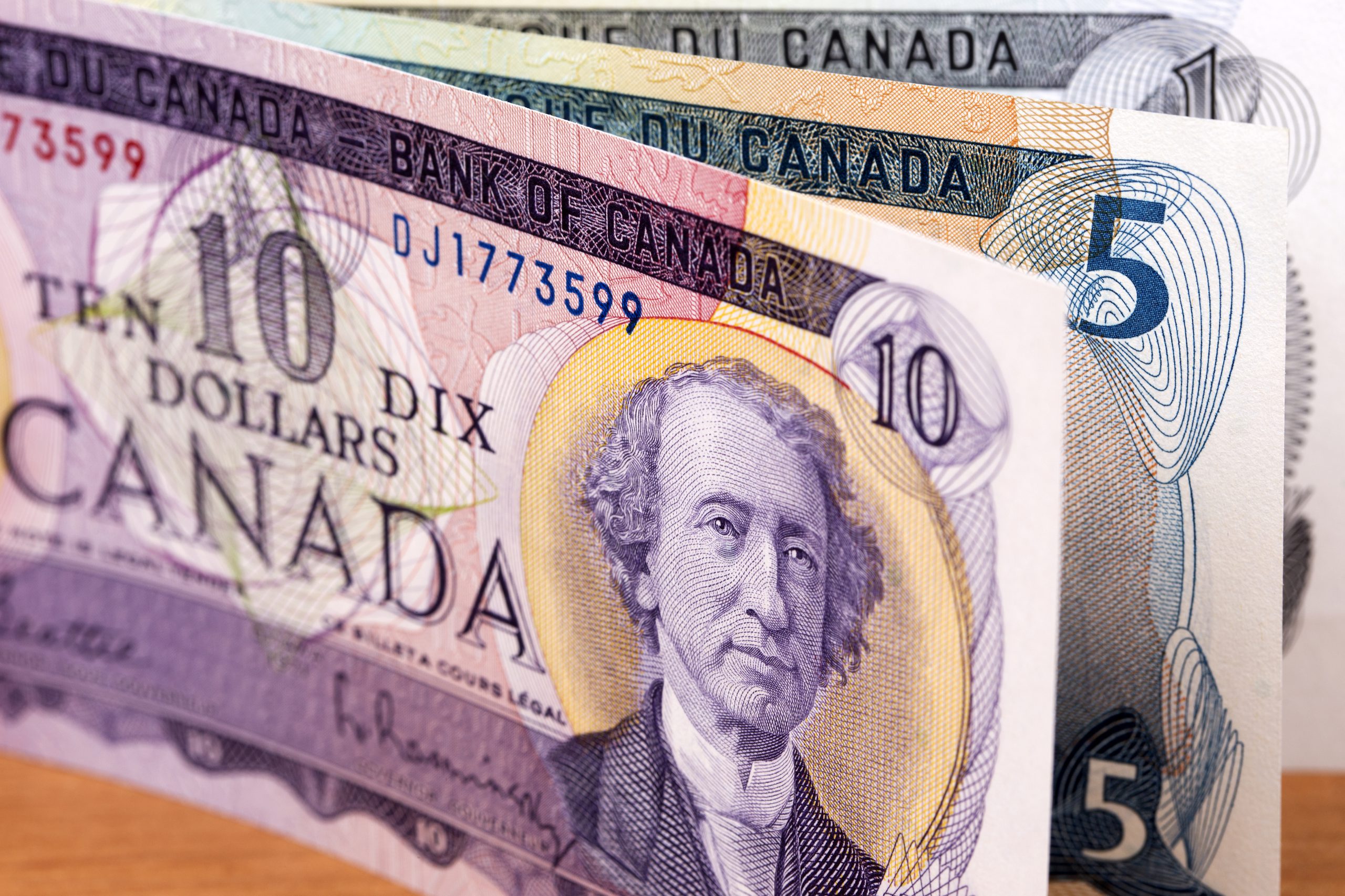New Minimum Wage Rise in Six Canadian Provinces Effective from October 1, 2022
Minimum wage rates are on the move in Canada. That’s good news for employees who want to see a little more money in their paycheques.
Six provinces will raise the minimum wage beginning on October 1, 2022. As a result, we compiled data for all Canadian provinces as well as the new minimum wage, which will go into effect on October 1, 2022.
The minimum wage applies to all employees, regardless of age or number of hours worked. However, certain provinces may have specific rules regarding the minimum wage for students under the age of 18.
The list of the six Canadian provinces is as under:
Minimum Wage in Ontario
Ontario has a population of over 14 million people and a significant number of minimum-wage workers. If the province raises their wages, even by a small percentage, it will have a significant impact on the province’s economy, which already has the highest GDP in the country.
Ontario, like many other provinces, now ties its minimum wage to the Consumer Price Index. If the index rises, indicating a rise in the cost of goods and services, the wage rate should rise as well.
Ontario’s wage rate recently jumped to $15.50 effective October 1. On January 1, 2022, Ontario’s current minimum wage of $15 went into effect. The general minimum wage in Ontario will rise to $15.50 on October 1, 2022.
Minimum Wage in Manitoba
If you were choosing where to live based on the minimum wage, you might want to pass it on to Manitoba. It has the second lowest minimum wage in Canada, at $11.95. The prairie province follows in the footsteps of its western neighbor, setting annual increases based on a consumer price index with an inflation rate of around 0.05%.
The new wage rate in Manitoba is $13.50 effective October 1.
On October 1, 2022, Manitoba’s minimum wage will rise from $11.95 to $13.50 per hour. Furthermore, by April 1, 2023, the minimum wage will be raised to $14.15. This is a huge jump for Manitobans. After that, the province will return to annual adjustments based on provincial CPI, with the hourly rate expected to be around $15 on October 1, 2023.
Minimum Wage in New Brunswick
New Brunswick has the inglorious distinction of having the lowest minimum wage in the Maritimes and the second lowest in Canada.
The new minimum wage is $13.75 per hour, effective October 1.
The minimum wage in New Brunswick was set at $12.75 on April 1, 2022. It will, however, rise to $13.75 on October 1, 2022. As a result, employers must pay their employees the new minimum wage.
Minimum Wage in Nova Scotia
Nova Scotia has a slightly lower minimum wage than its neighbouring province, Prince Edward Island.
The new minimum wage is $13.60 per hour, effective October 1.
The current minimum wage of $13.35 in Nova Scotia went into effect on April 1, 2022. Nonetheless, on October 1, 2022, the province will raise the minimum wage to $13.60.
The province is putting in place a five-year plan to raise the minimum wage to $15.00 per hour by April 1, 2024. The minimum wage rates would be adjusted annually by inflation plus 1% as part of the plan.
Minimum Wage in Saskatchewan
Saskatchewan, like Ontario and other provinces, ties its annual minimum wage increase to a price index, resulting in small increases of around $0.10. The advantage of this scenario is that a lower price index implies a lower cost of living, which means that a minimum wage can go further than in a province like British Columbia.
The new minimum wage, which goes into effect on October 1st, is $13.00.
The Saskatchewan government has announced that on October 1, 2022, the minimum wage will rise from $11.81 to $13.00 per hour. Based on current provincial rates, this is a reasonable increase.
The minimum wage will increase to $14 per hour on October 1, 2023, and $15 per hour on October 1, 2024.
Minimum Wage in Newfoundland and Labrador
The new minimum wage is $13.70 effective October 1.
The minimum wage of $ 13.20 went into effect on April 1, 2022. However, on October 1, 2022, the minimum wage will be raised to $13.70 per hour. It is the first of three steps toward increasing the minimum wage to $15.00 per hour by April 1, 2024.
The Minister is still considering the recommendation of the Minimum Wage Review Committee to raise minimum wage rates by inflation plus 1% per year after 2024.







